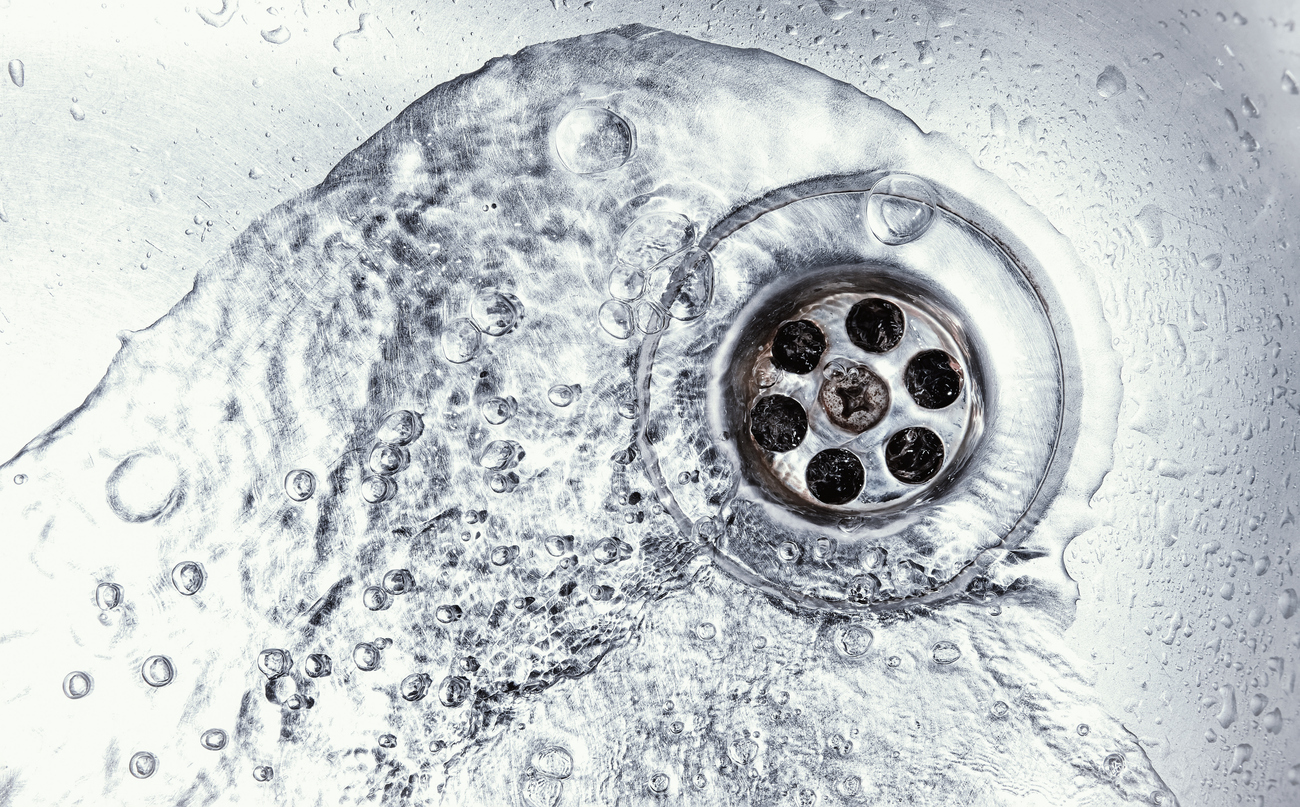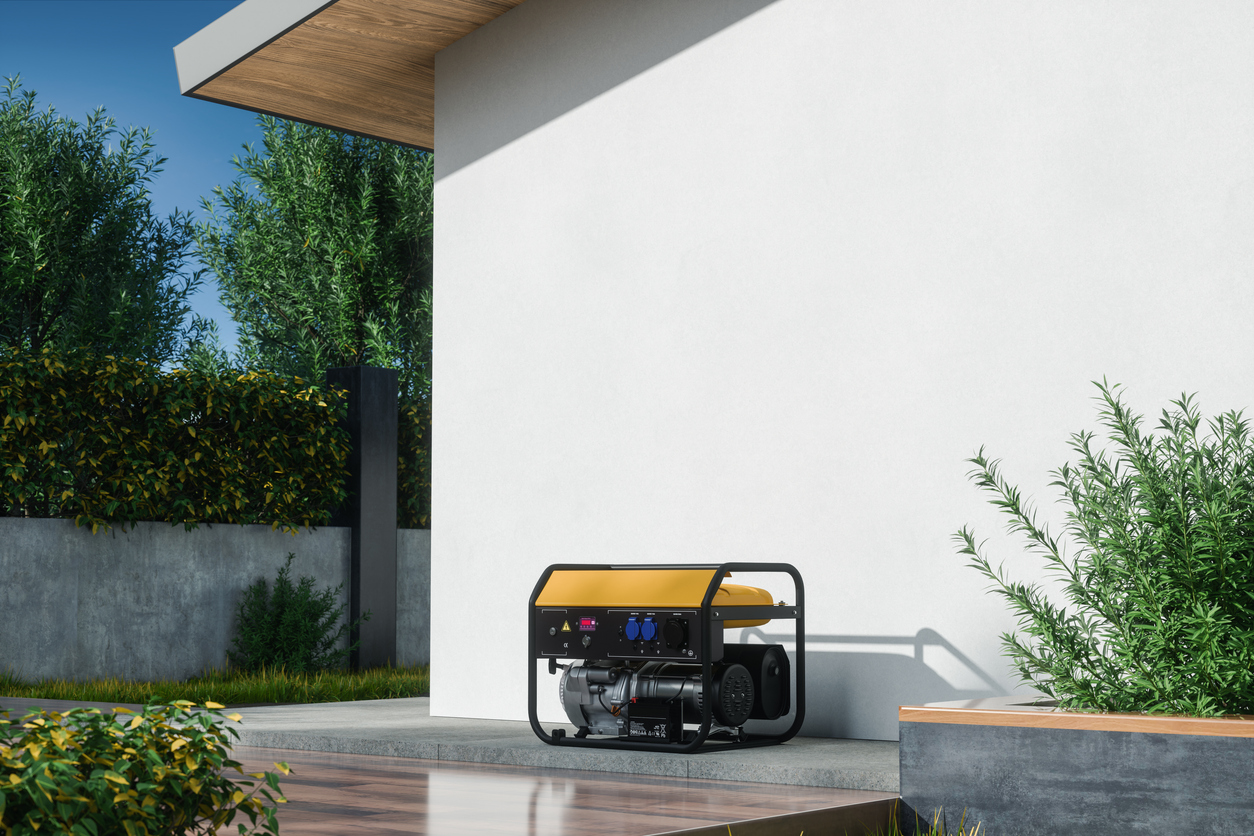Drain cleaning is an essential aspect of home maintenance that often gets overlooked until a clog occurs. Whether it's a slow-draining sink or a complete blockage, the importance of keeping your drains clean cannot be understated. Regular drain maintenance helps prevent costly repairs and ensures that your plumbing system functions efficiently. In this article, we'll explore the importance of regular drain cleaning, common causes of clogs, and various methods to keep your drains flowing smoothly.

Understanding the Causes of Clogged Drains
Clogged drains are a common household problem, and they can occur for various reasons. One of the most common causes is the buildup of debris such as hair, soap scum, food particles, grease, and other materials. Over time, these substances accumulate in the pipes, restricting water flow and eventually leading to blockages.
Another cause is tree root infiltration. Roots can grow into your pipes, especially in older homes, seeking moisture and nutrients. Once inside the pipes, they can cause significant damage, resulting in slow drains or even complete blockages. Additionally, flushing non-biodegradable items like sanitary products, wipes, or paper towels can easily clog pipes, leading to drainage problems.
Signs Your Drains Need Cleaning
Knowing when your drains need attention is key to avoiding costly repairs. One of the first signs of a clogged drain is slow drainage. If water takes longer than usual to drain from your sink, shower, or tub, it may indicate a blockage. Unpleasant odors emanating from your drains are another telltale sign that debris is trapped and beginning to decompose.
Gurgling sounds coming from your pipes can also signal a blockage or air trapped in the pipes due to a partial clog. Additionally, water backups, particularly in lower-level plumbing fixtures like toilets or basement drains, are a clear indication that your drains need immediate cleaning to prevent further damage.
Preventing Clogs with Regular Maintenance
Preventing clogged drains begins with adopting good habits and performing regular maintenance. One of the most effective ways to avoid clogs is to be mindful of what goes down your drains. Avoid pouring grease or oil down the kitchen sink, as these substances solidify as they cool and can block pipes over time. Use a drain cover or hair catcher in the bathroom to prevent hair and soap residue from entering your plumbing system.
Regularly flushing your drains with hot water can help dissolve and dislodge any buildup inside your pipes. Additionally, using a mixture of baking soda and vinegar every few months can break down organic matter that may have accumulated in your drains. This eco-friendly solution is effective for minor clogs and regular maintenance.
DIY Drain Cleaning Methods
When it comes to cleaning your drains, there are several DIY methods you can try before calling a professional. One of the simplest methods is using a plunger. For minor clogs, plunging can often create enough suction to dislodge the blockage and restore water flow.
Another common method is using a drain snake or auger. This tool can reach deeper into the pipes to break up or remove blockages that a plunger might not be able to clear. For more stubborn clogs, chemical drain cleaners can be effective, but they should be used sparingly. While they may provide a quick fix, chemical cleaners can be harsh on your pipes and the environment, and they may not always be suitable for all types of plumbing.
When to Call a Professional
While DIY drain cleaning methods can be effective for minor clogs, there are times when professional help is necessary. If you’ve tried multiple methods and your drains are still slow or clogged, it may indicate a more severe blockage deep within your plumbing system. Tree roots, damaged pipes, or major blockages require the expertise of a plumber with specialized equipment such as hydro-jetters or drain cameras.
Additionally, recurring clogs can signal a more significant underlying issue, such as a problem with your sewer line. In these cases, professional plumbers can assess the situation and recommend long-term solutions to prevent future drainage problems.
The Benefits of Professional Drain Cleaning
Hiring a professional to clean your drains offers several benefits. Professionals use advanced tools and techniques to thoroughly clean your pipes, removing not only visible blockages but also any buildup on the pipe walls that could lead to future clogs. Hydro-jetting, for example, is a powerful method that uses high-pressure water to blast away debris, grease, and even tree roots.
Routine professional drain cleaning can also help extend the lifespan of your plumbing system. By regularly removing clogs and buildup, you can prevent corrosion and damage to your pipes, avoiding costly repairs or replacements. Additionally, professional plumbers can identify potential issues early on, such as leaks or pipe damage, saving you money and headaches down the road.
Conclusion
Maintaining clean drains is essential for a functional and efficient plumbing system. By understanding the causes of clogs, recognizing the signs of a blockage, and adopting regular maintenance habits, you can prevent many common drainage problems. While DIY methods can help with minor clogs, professional drain cleaning ensures a thorough and long-lasting solution. Taking care of your drains not only keeps your home running smoothly but also saves you money and stress in the long term.


